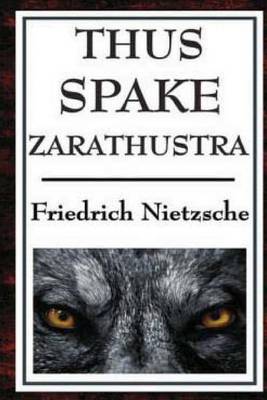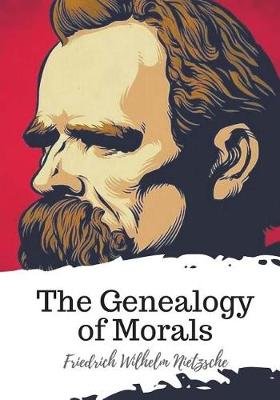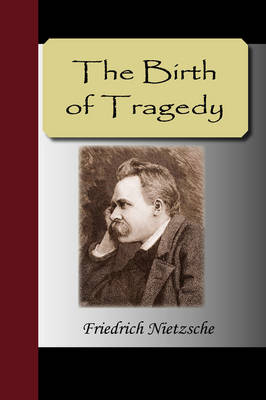Dover Thrift Editions
3 total works
Friedrich Nietzsche (1844-1900) has been proclaimed the seminal figure of modern philosophy as well as one of the most creative and critically influential geniuses in the history of secular thought. "Writing in blood" and "philosophizing with a hammer," Nietzsche scathingly criticized modern civilization's basic ideas, beliefs, and values, and boldly proclaimed that "God is dead," thereby fathering atheistic existentialism.
Thus Spake Zarathustra is Nietzsche's masterpiece. Rich in irony, poetry, and symbolism, this unique volume presents the German philosopher's major concepts: the master and slave moralities, a pervasive will to power, the heroic overman transcending good and evil, and an eternal recurrence of the same dynamic universe.
Thus Spake Zarathustra is Nietzsche's masterpiece. Rich in irony, poetry, and symbolism, this unique volume presents the German philosopher's major concepts: the master and slave moralities, a pervasive will to power, the heroic overman transcending good and evil, and an eternal recurrence of the same dynamic universe.
'Yes, what is Dionysian? - This book provides an answer - "a man who knows" speaks in it, the initiate and disciple of his god.' The Birth of Tragedy (1872) is a book about the origins of Greek tragedy and its relevance to the German culture of its time. For Nietzsche, Greek tragedy is the expression of a culture which has achieved a delicate but powerful balance between Dionysian insight into the chaos and suffering which underlies all existence and the discipline and clarity of rational Apollonian form. In order to promote a return to these values, Nietzsche undertakes a critique of the complacent rationalism of late nineteenth-century German culture and makes an impassioned plea for the regenerative potential of the music of Wagner. In its wide-ranging discussion of the nature of art, science and religion, Nietzsche's argument raises important questions about the problematic nature of cultural origins which are still of concern today.


